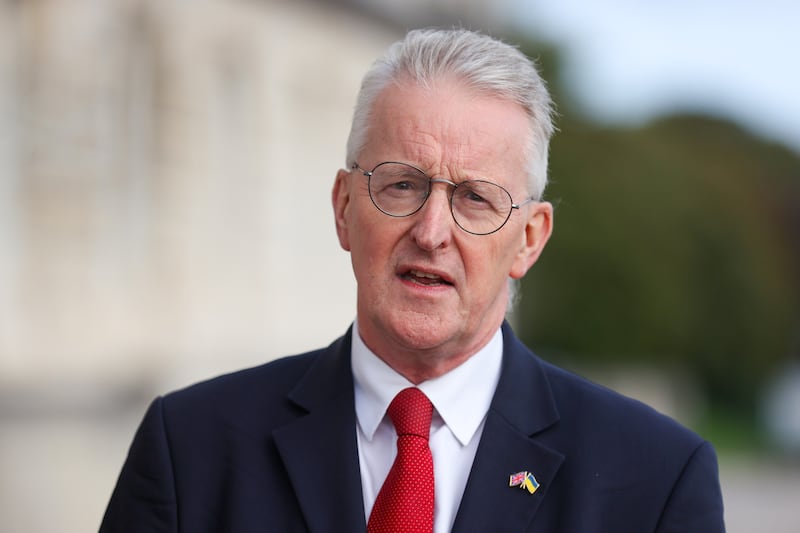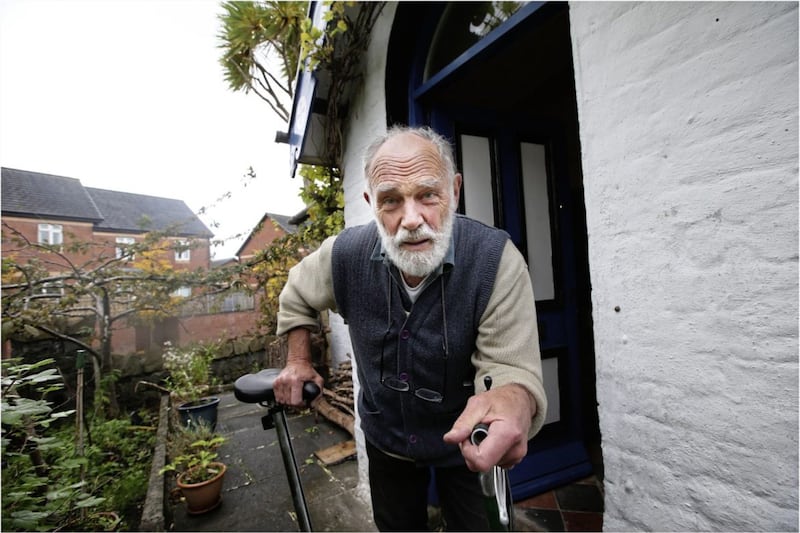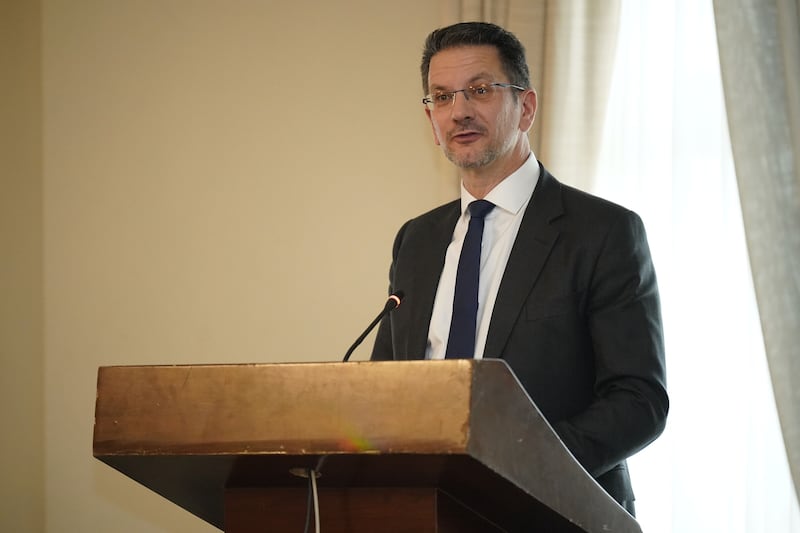SINN Féin president Mary Lou McDonald, fully recovered after undergoing hysterectomy surgery in June, has returned to the political fray.
With Sinn Féin riding high in the opinion polls, it is entirely unsurprising that Ms McDonald has declared that the party is now on an election footing. She is bullish about the party's prospects and talks of the possibility of "a new government without Fianna Fáil or Fine Gael for the first time in 100 years".
That may be a bit of a stretch. A Sinn Féin-led coalition with either Fine Gael or Fianna Fáil seems a likely outcome, whatever the avowed distaste their respective leaders, Leo Varadkar and Micheál Martin, continue to express about the possibility of sharing power with Ms McDonald and her colleagues.
Read more:
Varadkar criticises ‘double standards' applied to Irish and UK ministers
Tom Collins: Will someone please tell the NIO Irish unity is a legitimate aspiration?
Brexit disaster has turbo-charged Irish unity debate
The Republic's housing crisis will be "absolutely core" to Sinn Féin's programme, says Ms McDonald; being able to take on the ministerial portfolio will be its red line in the formation of any new government.
It is also increasingly clear that, whatever the make-up of the next Dublin government, planning for a united Ireland is now firmly on the agenda.
It has been put there by Sinn Féin's rise on both sides of the border. Brexit is also a factor, causing people in the north previously content with the status quo to actively consider unity.
Nor can the DUP's lemming-like apparent determination to trash devolution be overlooked, or its insistence that Northern Ireland's union with Britain has been ruptured by the Brexit it campaigned for in the first place.
Taoiseach Leo Varadkar said last week that he believed he would see Irish unity in his lifetime – comments that earned a rebuke from the easily annoyed secretary of state Chris Heaton-Harris because they upset unionists.
In turn, Tánaiste Micheál Martin emphasised the entirely reasonable position – as endorsed in the Good Friday Agreement – that everybody is entitled to their view "on the future constitutional position of Northern Ireland", including "our aspiration to a united Ireland".
SDLP leader Colum Eastwood says he would support a referendum in 2030 "if the conditions are right".
Ms McDonald, meanwhile, envisages putting planning for unity at the "heart of government". It can't be wished into existence: "You have to roll up your sleeves and get the work done."
That must include detailed groundwork and preparation of the sort that was completely sidelined in the frenzy of the Brexit referendum.







